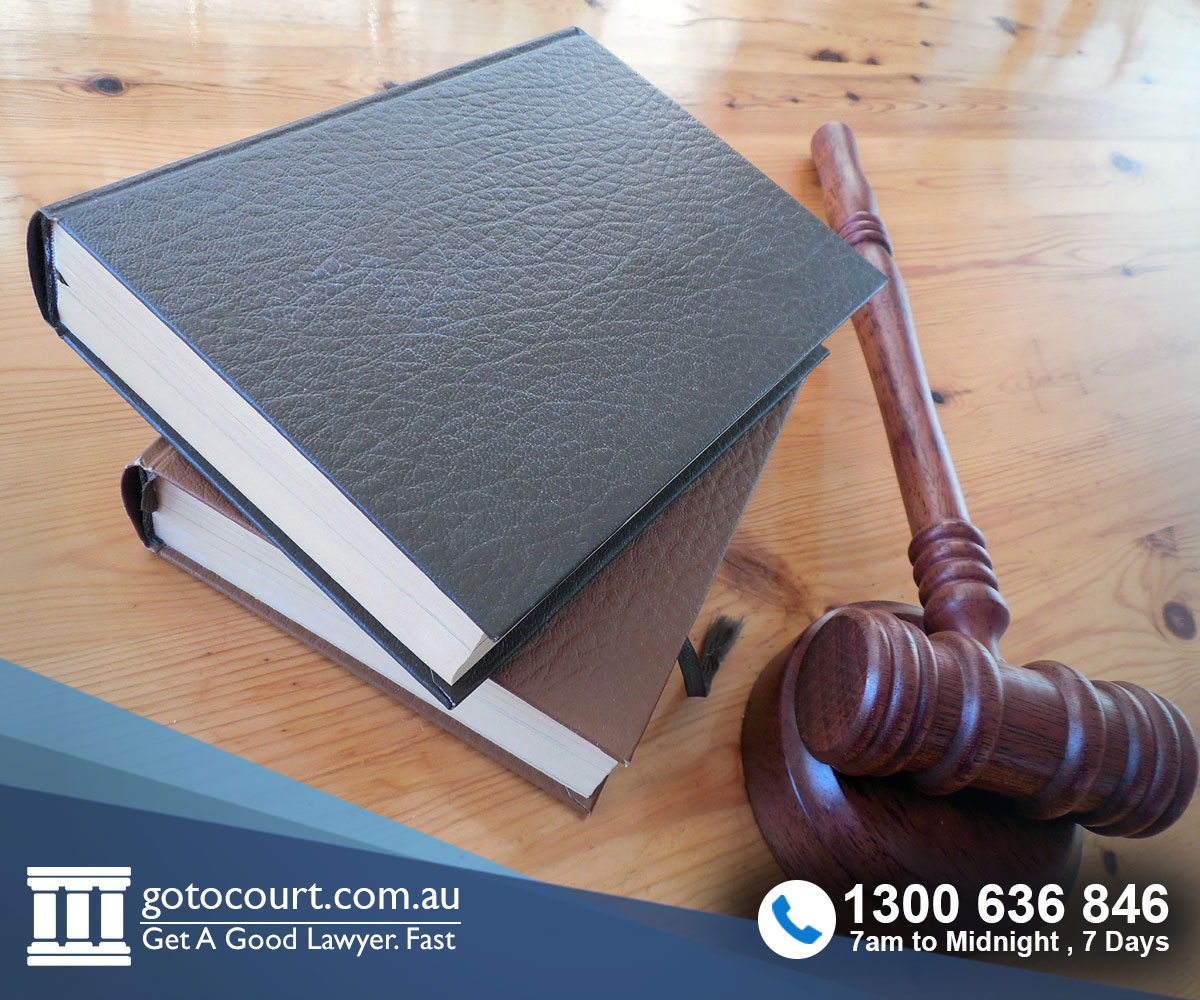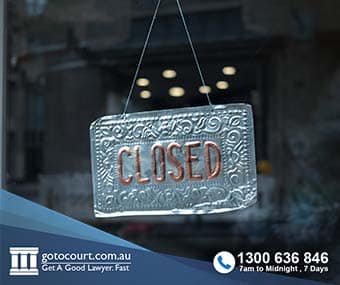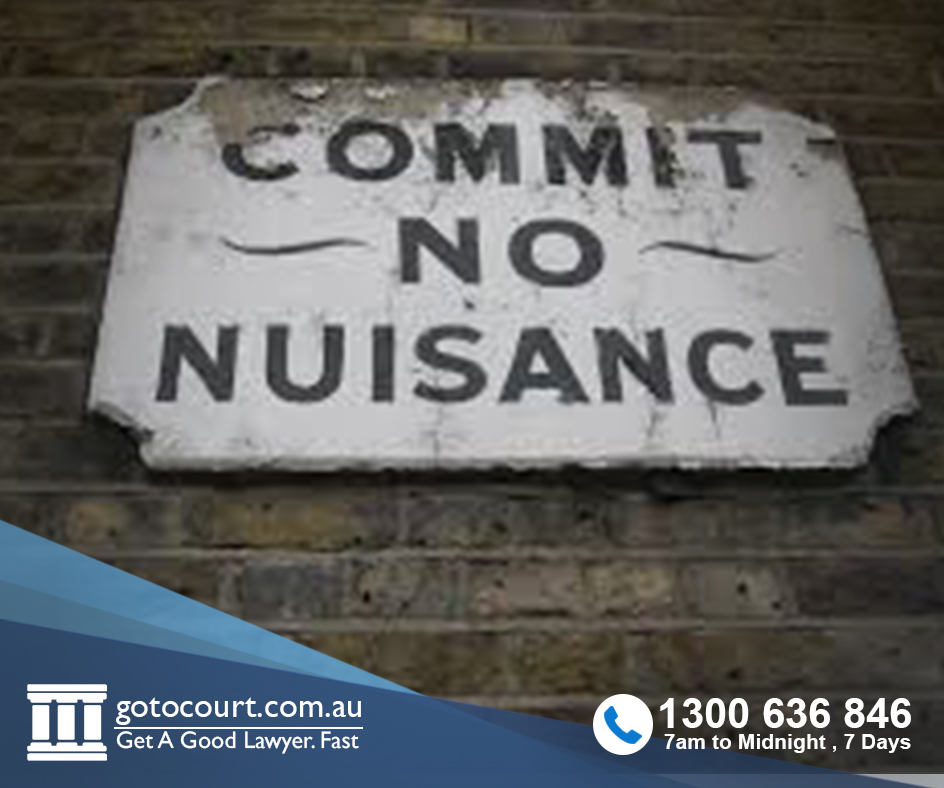Injunctions in Victoria
An injunction is a court order that requires a party either to do something or to refrain from doing something. Injunctions are an important legal tool that may be made on an interlocutory, interim or permanent basis. This page deals with injunctions in Victoria.
When are injunctions made?
An injunction can be made if all of the follow elements are present:
- There is a serious question that needs to be tried
- There have been unsuccessful attempts to rectify the issue
- The situation could not be remedies with monetary compensation
- The application is urgent
- The court should make the order on the balance of convenience
Interlocutory, interim or final?
An injunction can be made on an interlocutory, interim or final basis.
An interlocutory injunction is in force only while court proceedings are on foot. It will end when the matter is finalised. Interlocutory injunctions may be made on an ex parte basis, meaning only one party is present in court when the order is made. In this situation, the party making the application must disclose all the matters that are relevant to the case, even those that do not support its application as the other party is not there to make submissions.
An interim injunction is in force for a specified period, which may extend after the court proceedings have been finalised.
A final injunction is an order that is made at the conclusion of legal proceedings and that remains in force indefinitely.
Types of injunctions
There is a range of different types of injunctions that have different effects. These include the following.
- Prohibitory injunctions, which forbid a party to do something
- Mandatory injunctions, which compel a party to do something
- Mareva injunctions, which restrain a party from moving its assets
- Anton Piller orders, which require property in the possession of a party to be taken from their control so that discovery can take place.
Jurisdictions
The Victorian Supreme Court has the original authority to hear applications for injunctions under section 37 of the Supreme Court Act 1986. That provision also allows the court to issue injunctions preventing parties from removing or dealing with assets located in Victoria, even if that person isn’t normally a resident of the state.
Section 31 and 33 of the Supreme Court Act also empowers the County Court and the Magistrates Court to hear applications for injunctions that fall within their jurisdictions. The Act also empowers courts of other states to issue injunctions.
The County Court and Magistrates Court also have the power to issue injunctions during proceedings (or in urgent matters, before proceedings have been commenced). These powers are contained in Rule 38 of the County Court General Civil Procedure Rules 2008 and Rule 38 of the Magistrates Court General Civil Procedure Rules 2010).
VCAT has a specific power under section 123 of the Victorian Civil and Administrative Tribunal Act 1998 to hear applications for injunctions that fall within its jurisdiction where it is just and convenient to do so. It can do so on its own initiative or by application by a party. VCAT does not necessarily need to afford someone affected the right to be heard before it issues an injunction. VCAT injunctions last for 28 days.
In family law matters, injunctions can be issued by the Federal Circuit and Family Court under section 114 of the Family Court Act 1975 (Cth).
The Federal Court and the High Court can also issue injunctions.
Urgent injunctions
In urgent matters, where a party is seeking an injunction, it may not be possible to give the other party proper notice. In this situation, an interim injunction may be issued on an ex parte basis.
In these matters, is not necessarily the case that proceedings have even been commenced. In some cases, the injunction is needed before proceedings have been started because there is a possibility that the defendant will try to destroy or dispose of evidence or take some other action that will affect the proceedings.
An urgent injunction must be issued no later than at 2 pm on the day before a hearing.
If you require legal advice or representation in any legal matter, please contact Go To Court Lawyers.








